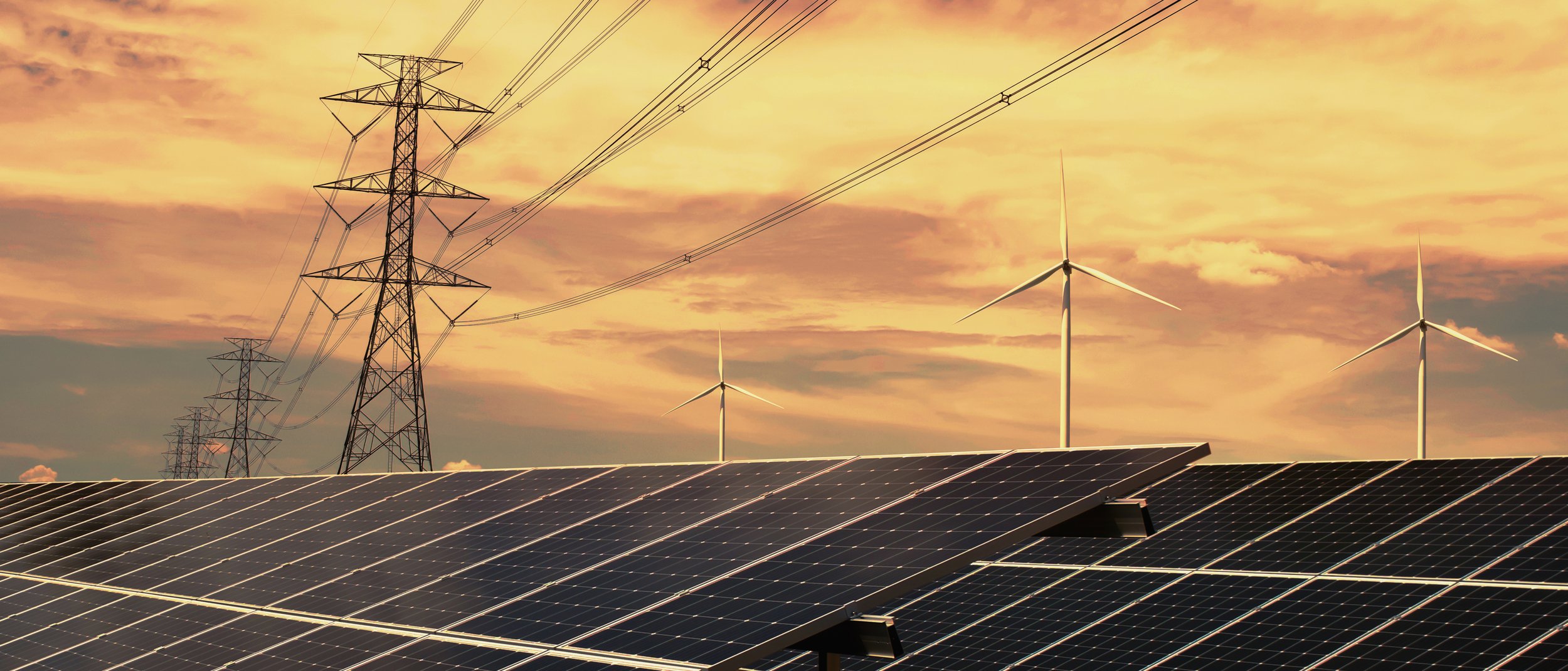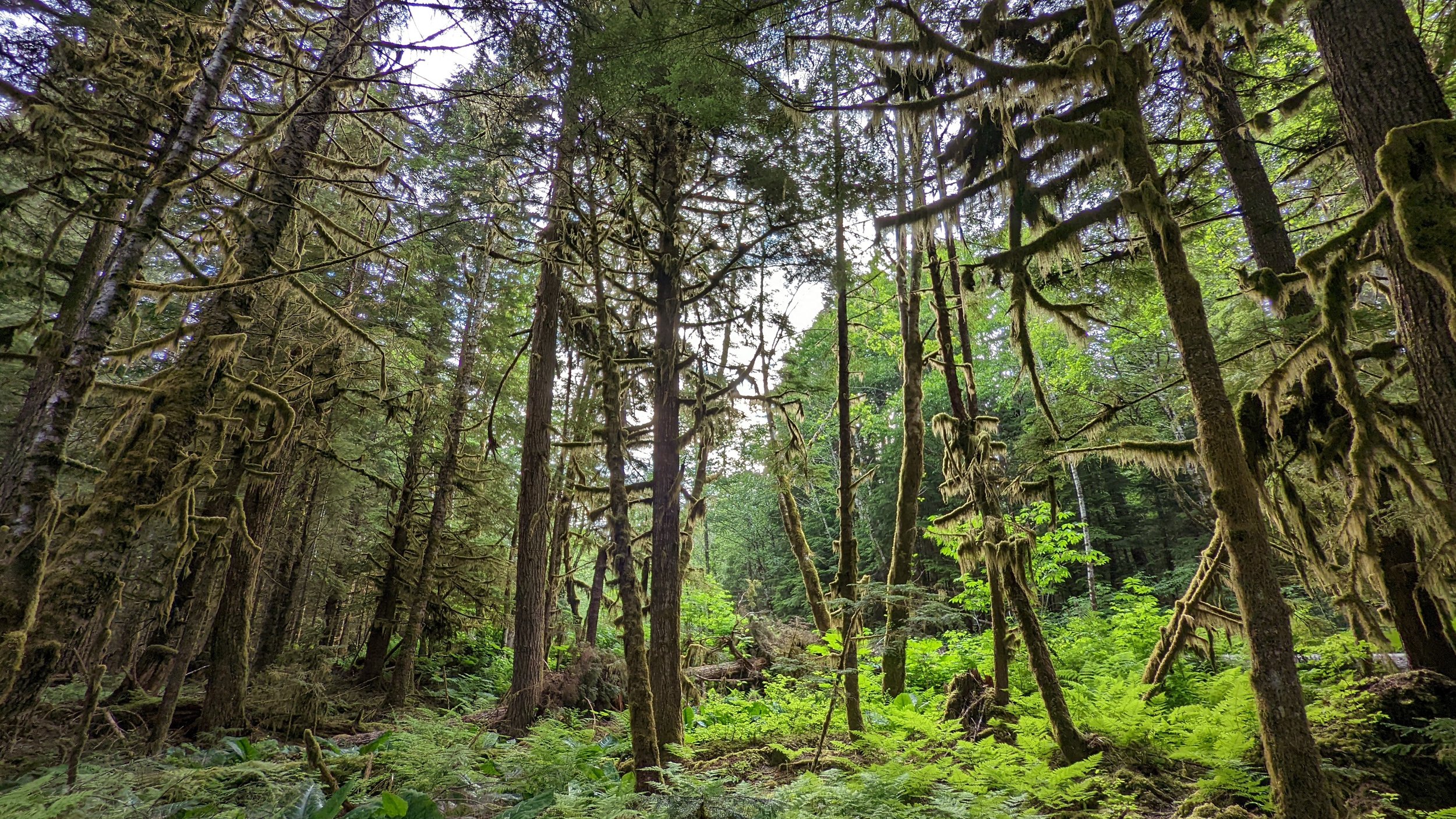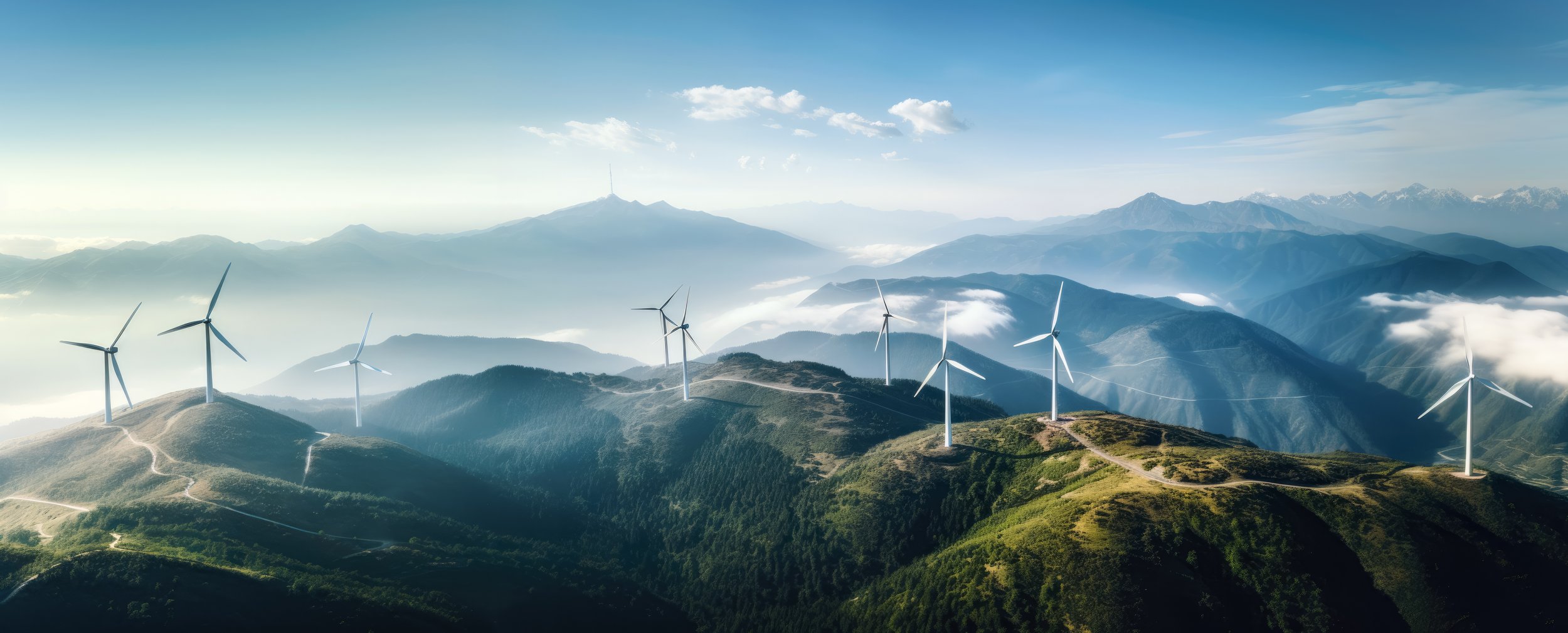
About K’uul Power+
COMING TOGETHER AS ONE
OUR MISSION
Work together for mutual gain and a sustainable future for our children.
OUR VISION
First Nations own and operate the renewable energy transmission and generation infrastructure that is the backbone of the decarbonized economy in northwest BC. Our communities and their domestic and international projects thrive with electrification as a critical success factor.
CREATION
Eight Nations formed K’uul Power+ in October 2023
Eight Nations formed K’uul Power+ in October of 2023 as to support all interested Nations in working together to build this and other renewable energy projects needed to decarbonize the future economy in Northwest BC and power First Nations projects and communities with green energy.
Why K’uul Power is essential to a bright future for the Northwest
Background
Many First Nations in the region have been encouraging BC and BC Hydro to invest in additional renewable energy transmission and generation infrastructure which is needed to enable their communities’ development aspirations as well as to create the backbone of the decarbonized energy economy in the northwest in the fight against climate change.
Recently, BC Hydro announced a proposed twinning of the existing 500kv transmission line between Prince George and the North Coast in response to increased electricity demand (the “Twinning Project”).
This new infrastructure needs to be owned, wholly or in part, by the Nations who are affected.
One Project for all Nations
The K’uul + Nations are pursuing a new and ambitious approach to ownership. It contrasts with other approaches that have been used across Canada which use contractual, rather than ownership rights to effect Indigenous interests during the design and construction phases. Under these established models, ownership of the infrastructure transfers to Nations just as the assets are commissioned, once the project is developed by the incumbent utility, once the total costs are known, and once the project’s riskiest phases are complete.
Irrespectively, the K’uul + Nations’ preference for an earlier-ownership approach is borne of experience – the K’uul + Nations have simply not received the deals that they have signed when trying to enforce their contractual and constitutional rights in the absence of ownership-derived governance rights. Once the project is commissioned, many of the consequential decisions have already been made and cannot be affected.
The K’uul + Nations believe that early ownership can support better outcomes on key issues like routing, procurement, environmental protection and restoration, social harm-avoidance practices, and other key values. Ownership needs to include developing, building and owning the line.
This doesn’t preclude Nations affected by the Twinning Project from participating in other ways. There exists a continuum of ownership options including passive ownership with financial returns or impact benefit-type agreements, based on each nations’ choice. At the end of the day, it’s up to each affected nation to decide for itself and it’s community members, what it wants. The line would not be built otherwise.
The Nations also believe that this approach reduces overall time and cost risk for the Twinning Project, because participating Nations have an economic, environmental, and social interests in seeing the project succeed. This eliminates key permitting and construction timeline risks that would otherwise be a feature of linear project developments of this kind.
6 Key Values
Our Commitment to work together is based on a Collaboration & Communications Protocol that recognizes:
As First Nations we each hold the inherent right of self-determination, self-government and title to our respective lands, territories, and resources, and continue to exercise our respective inherent authorities and jurisdictions. This is consistent with United Nations Declaration on the Rights of Indigenous People and the Provincial Declaration on the Rights of Indigenous People Act.
We recognize the power of collaborative action between us, and that a coordinated and Nation-driven approach is required to address the need for effective information-sharing and decision-making for major infrastructure development and ownership in the decarbonized economy of the future.
We support each other in having historic wrongs addressed and past agreements honored while we work together to build new infrastructure in the right way.
We understand that renewable energy transmission and generation is instrumental to the development of a decarbonized economy throughout our territories and around the world.
We know that the proactive construction of renewable energy transmission and generation capacity reinforces our individual and collective opportunities to develop sustainable projects on our lands to improve the economic and social conditions in our communities.
We are committed to work together to lead other levels of government and the private sector into a decarbonized future where First Nations and other communities prosper while we mitigate and adapt to climate change for the benefit of future generations.




